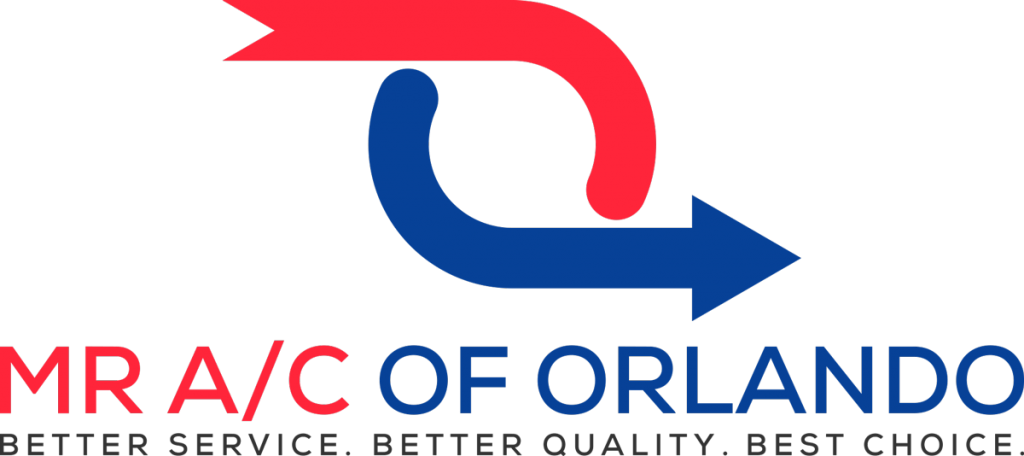When Is the Right Time to Get a New Air Conditioning System?
Your AC Is More Than 10-15 Years Old
Most air conditioning systems last between 10 to 15 years, depending on maintenance and usage. If your unit is approaching or exceeding this age range, it may not be as efficient as newer models. Upgrading to a modern, high-efficiency system can improve cooling performance and reduce energy costs.
Frequent and Costly Repairs
If your AC is constantly breaking down or requires expensive repairs, it may be more cost-effective to replace it. A good rule of thumb: if repair costs exceed 50% of the price of a new unit, it’s time to invest in a replacement. Instead of throwing money into an aging system, upgrading ensures reliability and long-term savings.
Rising Energy Bills
An old or inefficient air conditioning system can consume more energy, leading to higher electricity bills. If you’ve noticed a steady increase in cooling costs despite normal usage, your AC might be losing efficiency. Newer models with higher SEER (Seasonal Energy Efficiency Ratio) ratings use less energy and can significantly lower your utility bills.
Uneven Cooling and Poor Performance
Are some rooms in your home cooler than others? Does your AC struggle to keep up with high temperatures? If your system can’t maintain consistent cooling, it may be due to wear and tear, failing components, or outdated technology. A new system ensures even cooling and better airflow, improving overall comfort.
Strange Noises or Odors
Unusual sounds like grinding, banging, or squealing could indicate serious mechanical issues. Likewise, musty or burning smells coming from your AC unit may be signs of mold growth, electrical problems, or overheating components. If your system is producing unusual noises or odors, it’s time to consider a replacement.
Your AC Uses Outdated Refrigerant (R-22 or R-410A)
If your system still uses R-22 refrigerant, it’s already outdated—this refrigerant was phased out due to environmental concerns. Even R-410A, once the standard, is being replaced by R-454B and other eco-friendly alternatives. New air conditioners use environmentally safe refrigerants that comply with modern regulations and offer improved efficiency.
Poor Indoor Air Quality
An aging AC unit may not filter air as effectively, leading to increased dust, allergens, and humidity inside your home. Newer models come equipped with advanced filtration systems that improve indoor air quality, which is especially beneficial for those with allergies or respiratory conditions.
You’re Planning to Sell Your Home
If you’re considering selling your home in the near future, upgrading your AC system can increase its market value and appeal to buyers. Many homebuyers prefer properties with energy-efficient, modern HVAC systems, which can make your home stand out in the market.
Off-Season Replacement Can Save Money
The best time to replace your AC is during the off-season (fall or early spring) when demand is lower. HVAC companies often offer discounts and promotions during these periods, making it a great time to upgrade before peak summer heat arrives.
Conclusion
Replacing your air conditioning system at the right time can save you money, improve comfort, and ensure reliable cooling when you need it most. If your AC is old, inefficient, or frequently in need of repairs, now may be the perfect time to invest in a new system. Consulting with an HVAC professional can help you determine the best unit for your home and budget.

